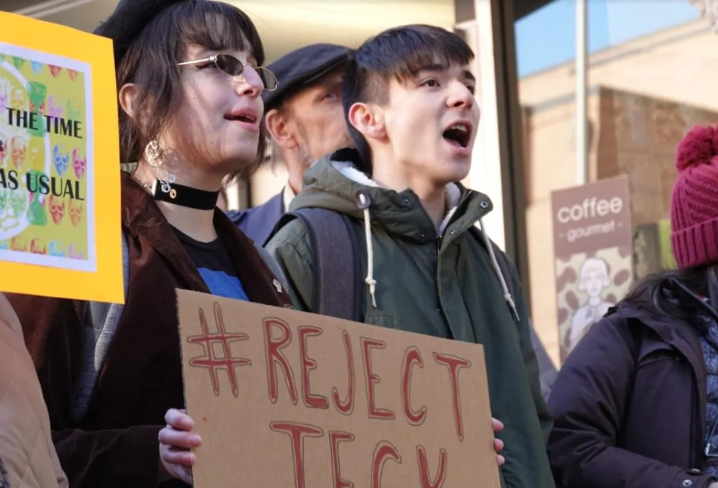Written By Guest User, Posted on February 14, 2020

It’s a story you’ve probably read many times over the last decade or so. The federal government is facing mounting pressure from both sides to decide on a critical energy project.
On the one side, you have those who support the project, for various reasons, including the employment it could bring or the larger positive effect it would have on the country’s GDP. On the other side, you have those who oppose the project, citing environmental concerns or Indigenous rights to veto the project.
Which side will win out? Which arguments contain the most merit? Does the project align with the ever-elusive standard of “national interest”? All of these are important questions for the government of the day to consider.
However, when assessing which side is winning out in this seemingly eternal tug of war, it is worthwhile to review the current status of the energy projects approvals in Canada. An analysis of delayed energy projects worldwide published last year shows that, of the 26 currently delayed, 10 of them are in Canada.
While some projects, like the Kinder Morgan pipeline, do end up getting approved, most often the project opponents end up winning out either by a direct decision to not approve a given project or by dragging out the review process to a point where it no longer becomes profitable for the company to invest in Canada, forcing them to pull their funds and invest elsewhere.
The current project to be subject to this whole process is the Teck Resources Frontier oilsands mine, planned to be built just north of Fort MacKay, Alberta. While the project has a favourable level of support in the broader Canadian public, the opposition to it is loud and obnoxious.
Among the members of the governing Liberals, opinion is split on the project, but those who oppose it have made sure their voices are heard loud and clear in media outlets sympathetic to their cause.
Outside the Liberal caucus, opponents of the project, and energy projects in general, have made their point very clear, albeit illegally, to the thousands of people who had their train trips cancelled due to Via Rail’s shut down because of the protesters blocking the tracks.
While some of these protestors are Indigenous Canadians who oppose the project because they honestly believe it will be harmful to their land and environment, many are also radical environmental activists riding their coattails.
Given the unique position Indigenous Canadians occupy in Canadian life and the duty the Canadian government has to consult with them, these activists cynically align themselves with the Indigenous Canadians who oppose energy projects, to drag out the process and suffocate the project to death.
This conniving and underhanded method is nothing more than modern-day Eco-colonialism, where radical left-wing activists pit pro-oil and anti-oil Indigenous people against each other and try to whip up public opinion against the project, often to the detriment of the very Indigenous people who would receive employment and income from the project.
Alberta Premier Jason Kenney said Prime Minister Justin Trudeau needs to move swiftly on approval of the Teck Frontier mine north of Fort McMurray or confirm…
Instead of advocating for responsible development that benefits Indigenous communities and also protects the environment, these radical Eco-colonialists advocate for zero development of energy projects, thus removing the best chance at self governance and self reliance that many communities have.
I’m here in Wet’suwet’en territory while Pete slurps lattes in Victoria. Their selfish attempts to exploit these First Nations communities, that I’m visiting, breaks my heart. These clowns should be ashamed. The violence, ignorance and intolerance they cultivate must be resisted. https://t.co/bG5CjosOFi
— Stewart Muir (@sjmuir) February 12, 2020
In essence, this approach is nothing more than an endorsement of the status quo of government handouts, limited job prospects, crumbling infrastructure, and little hope. Without the opportunity to develop their own resources, the potential for autonomous Indigenous self-government is severely limited.
If these Eco-colonialists truly cared about Indigenous rights and improving the conditions on reserve, they would abandon their position as the faux morality police of Canada and instead work to obtain a reasonable compromise between economic and environmental interests of all Canadians.
Hey there You have done a fantastic job I will certainly digg it and personally recommend to my friends Im…